Home>Others>Eco-Friendly Products>How To Get Rid Of Ants In A Compost Bin
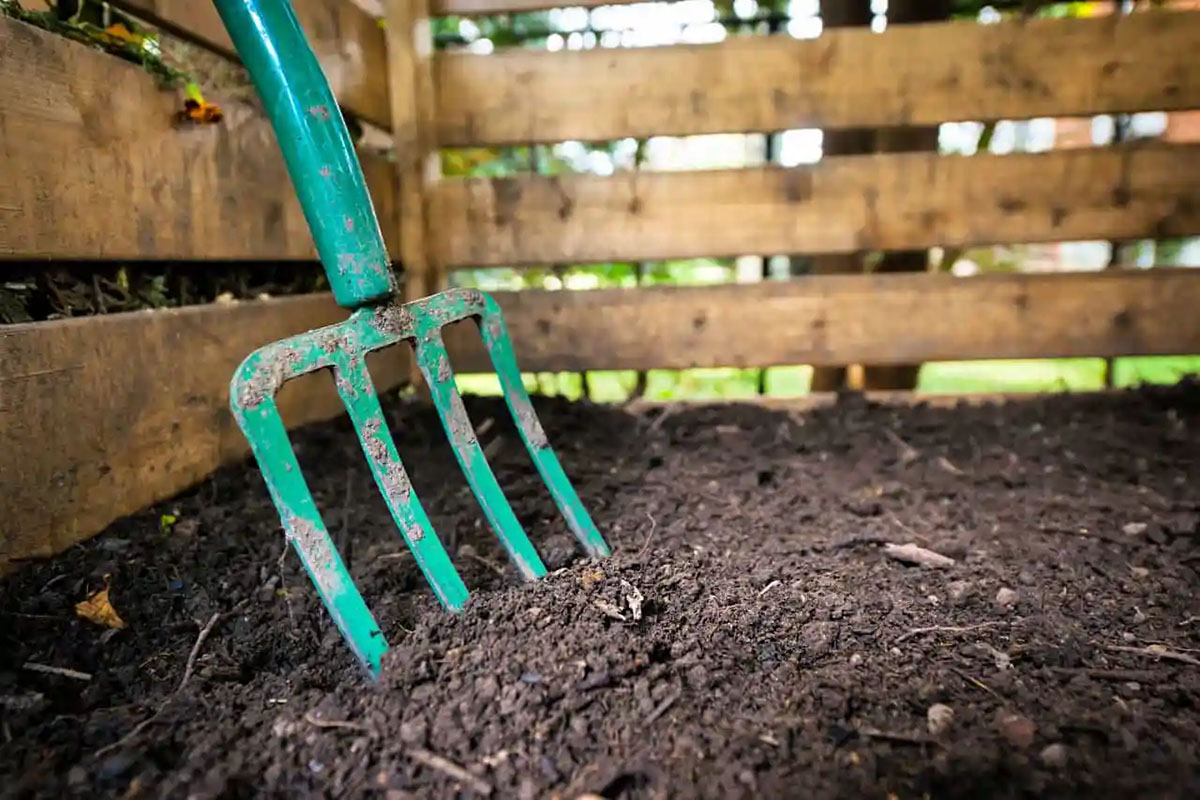

Eco-Friendly Products
How To Get Rid Of Ants In A Compost Bin
Modified: February 18, 2024
Learn how to effectively eliminate ants from your compost bin using eco-friendly products. Keep your composting process clean and efficient.
(Many of the links in this article redirect to a specific reviewed product. Your purchase of these products through affiliate links helps to generate commission for Storables.com, at no extra cost. Learn more)
Introduction
Welcome to the wonderful world of composting! If you’re an avid gardener or environmentally-conscious individual, chances are you’ve embraced the practice of composting to reduce waste and nourish your plants. Compost bins are a fantastic way to transform kitchen scraps and yard waste into nutrient-rich soil amendment. However, one common challenge that compost enthusiasts face is dealing with ants in their compost bins.
Ants are remarkable creatures, playing a vital role in the ecosystem. However, when they invade your compost bin, they can disrupt the decomposition process and become a nuisance. Fear not, as there are effective and eco-friendly methods to manage and prevent ant infestations in your compost bin.
In this article, we will delve into the world of composting and explore the ins and outs of dealing with ants in your compost bin. From understanding the behavior of ants to implementing natural repellents and preventive measures, we’ll equip you with the knowledge and strategies to maintain a harmonious composting environment. Whether you’re a seasoned composter or just starting out, this guide will empower you to tackle ant issues in your compost bin with confidence and eco-friendly solutions. Let’s embark on this journey to create a thriving composting ecosystem while keeping those pesky ants at bay!
Key Takeaways:
- Keep ants out of your compost bin by using natural repellents like citrus peels and peppermint oil. Prevent infestations with proper bin placement and moisture control.
- Maintain a healthy composting environment by understanding ant behavior and using eco-friendly methods to manage ant infestations. Balance prevention, natural repellents, and, when necessary, eco-friendly chemicals.
Read more: How To Get Rid Of Rats In Compost Bin
Understanding Ants in Compost Bins
Ants are naturally drawn to compost bins due to the abundance of organic matter and moisture, which provide them with food and a suitable environment for nesting. They play a crucial role in the decomposition process by breaking down organic materials, but their presence in large numbers can disrupt the balance of the compost ecosystem. Understanding the behavior and preferences of ants is essential in effectively managing their presence in your compost bin.
Ants are attracted to compost bins primarily for two reasons: food and shelter. The organic matter in the bin serves as a food source for ants, while the warm, moist environment provides an ideal nesting site. Additionally, ants are known to be attracted to sweet and sugary substances, which are commonly found in fruit and vegetable scraps.
It’s important to identify the type of ants present in your compost bin, as different species exhibit varying behaviors and nesting habits. Some ants may simply forage for food in the compost, while others may establish colonies within the bin, leading to larger infestations. By recognizing the specific ant species and their behavior, you can tailor your approach to effectively manage their presence.
Furthermore, ants can indicate underlying issues in the compost bin, such as excessive moisture or improper aeration. These conditions can impact the overall decomposition process and create an environment that is conducive to ant infestations. By addressing these underlying factors, you can not only deter ants but also promote a healthier composting environment.
By gaining insight into the motivations and behaviors of ants in compost bins, you can develop targeted strategies to mitigate their impact and maintain a thriving compost ecosystem. In the following sections, we will explore preventive measures, natural repellents, and other effective techniques to manage ants in your compost bin while upholding eco-friendly practices.
Prevention Measures
Preventing ant infestations in your compost bin begins with creating an environment that is less attractive to these industrious insects. By implementing proactive measures, you can minimize the likelihood of ants establishing colonies and foraging for food in your compost. Here are some effective prevention strategies to consider:
- Bin Placement: Position your compost bin on a raised platform or use a layer of gravel or diatomaceous earth underneath to create a physical barrier that deters ants from accessing the bin. Elevating the bin also promotes better airflow, reducing moisture accumulation that can attract ants.
- Seal Openings: Ensure that your compost bin has a tightly sealed lid or cover to prevent ants from entering. Check for any cracks, gaps, or openings that may serve as entry points for ants, and promptly repair or seal them to restrict access.
- Balance Moisture Levels: Maintain proper moisture levels in the compost to discourage ants, as excessively wet conditions can attract them. Regularly monitor the moisture content and aerate the compost to promote optimal decomposition while minimizing ant-friendly environments.
- Regular Turning: Turning the compost regularly not only accelerates the decomposition process but also disrupts ant trails and nesting sites. This physical disturbance can deter ants from establishing colonies and foraging within the compost.
- Avoid Certain Foods: Limit the addition of sweet and sugary food scraps, such as fruit peels and sugary beverages, which are particularly attractive to ants. By reducing the availability of these enticing food sources, you can discourage ant activity in the compost bin.
- Compost Structure: Consider using a well-structured compost system, such as a three-bin system, to manage composting stages effectively. This approach can help contain ant activity to specific bins and prevent widespread infestations.
By incorporating these prevention measures into your composting routine, you can create an environment that is less hospitable to ants, reducing the likelihood of infestations and promoting a healthier composting process. In the next sections, we will explore natural repellents and other eco-friendly strategies to manage ants in your compost bin, offering a comprehensive approach to maintaining a harmonious composting ecosystem.
To get rid of ants in a compost bin, try sprinkling cinnamon around the bin or placing a barrier of diatomaceous earth to keep them out. Both are natural and safe options to deter ants.
Natural Repellents
When it comes to managing ants in your compost bin, natural repellents offer an eco-friendly and effective approach to deter ant activity without compromising the integrity of your compost. By harnessing the power of natural ingredients and strategic placement, you can discourage ants from nesting and foraging in your compost bin. Here are some natural repellents to consider:
- Citrus Peels: Ants are known to be repelled by the scent of citrus, making citrus peels an excellent natural deterrent. Place citrus peels, such as lemon, orange, or grapefruit peels, directly into the compost to discourage ant activity. The strong citrus aroma can help deter ants while adding beneficial organic matter to the compost.
- Peppermint Oil: Peppermint oil is a potent repellent that can deter ants with its strong scent. Dilute peppermint oil with water and spray it around the exterior of the compost bin or directly onto the lid and surrounding areas to create a barrier that discourages ants from approaching the bin.
- Cinnamon: Sprinkling ground cinnamon around the base of the compost bin and on the lid can act as a natural ant repellent. The strong scent of cinnamon disrupts ant trails and can deter them from entering the compost bin.
- Vinegar Solution: Create a solution of water and white vinegar and use it to wipe down the exterior and interior surfaces of the compost bin. The acidic nature of vinegar can disrupt ant trails and deter them from accessing the bin.
- Diatomaceous Earth: Diatomaceous earth, a natural sedimentary rock powder, can be sprinkled around the perimeter of the compost bin as a physical barrier. This fine powder is abrasive to insects, including ants, and can deter them from crossing the barrier.
These natural repellents offer a safe and environmentally conscious approach to managing ants in your compost bin. By incorporating these natural deterrents into your composting routine, you can discourage ant activity while maintaining the integrity of your compost. In the following section, we will explore the option of using chemicals to manage ant infestations in compost bins, providing a comprehensive overview of the available strategies to suit your preferences and environmental considerations.
Using Chemicals
While natural repellents and preventive measures are often the preferred methods for managing ants in compost bins due to their eco-friendly nature, there are instances where using chemical solutions may be considered. It’s important to approach the use of chemicals with caution, prioritizing environmentally responsible products and application methods to minimize potential impacts on the composting ecosystem. Here are some considerations and options for using chemicals to address ant infestations in compost bins:
- Boric Acid Baits: Boric acid baits, when used sparingly and strategically, can be effective in targeting ant colonies without posing significant risks to the composting process. Place small amounts of boric acid bait near ant trails or potential entry points to intercept ants and reduce their population. It’s crucial to use boric acid baits in accordance with product instructions and avoid direct contact with the compost.
- Food-Grade Diatomaceous Earth: Food-grade diatomaceous earth is a natural and safe option for managing ants in compost bins. This fine powder, derived from fossilized diatoms, acts as a physical barrier that damages the exoskeletons of insects, including ants, leading to dehydration and eventual demise. When applied sparingly around the exterior of the compost bin, food-grade diatomaceous earth can deter ants without compromising the composting process.
- Ant Bait Stations: Selective placement of ant bait stations around the vicinity of the compost bin can intercept ant foragers and reduce their population. Opt for ant bait stations with minimal environmental impact and follow usage guidelines to minimize potential risks to beneficial insects and organisms in the compost ecosystem.
- Professional Consultation: In cases of persistent or extensive ant infestations that pose a significant challenge, seeking guidance from pest control professionals with expertise in eco-friendly and sustainable approaches can provide valuable insights and targeted solutions tailored to your specific composting environment.
When considering the use of chemicals to manage ants in compost bins, it’s essential to prioritize products and methods that align with eco-friendly practices and minimize potential impacts on the composting ecosystem. Careful application, adherence to product guidelines, and consideration of alternative natural repellents and preventive measures can contribute to a balanced approach that addresses ant infestations while upholding environmental responsibility.
By combining natural repellents, preventive measures, and, when necessary, eco-friendly chemical solutions, you can effectively manage ant activity in your compost bin while promoting a healthy and thriving composting ecosystem. In the concluding section, we will recap the key strategies and emphasize the importance of maintaining a harmonious balance between managing ants and fostering sustainable composting practices.
Read more: How To Get Rid Of Maggots In A Compost Bin
Conclusion
Congratulations on gaining valuable insights into the world of composting and learning effective strategies for managing ants in your compost bin. By understanding the behavior of ants, implementing preventive measures, utilizing natural repellents, and considering eco-friendly chemical solutions, you are equipped to maintain a harmonious composting environment while addressing ant infestations responsibly.
Composting is a rewarding practice that transforms organic waste into nutrient-rich soil amendment, benefiting both the environment and your gardening endeavors. By embracing eco-friendly approaches to manage ants in your compost bin, you contribute to the preservation of a balanced ecosystem and sustainable waste management.
Remember, prevention is key to minimizing ant infestations in your compost bin. By carefully considering the placement of your bin, maintaining proper moisture levels, and limiting the availability of ant-attracting food, you can create an environment that is less hospitable to ants. Incorporating natural repellents such as citrus peels, peppermint oil, and vinegar, along with eco-friendly chemical solutions when necessary, offers a comprehensive approach to managing ant activity while upholding sustainable practices.
As you continue your composting journey, keep a watchful eye on the balance of your compost ecosystem, ensuring that beneficial organisms thrive while pest populations are managed responsibly. By fostering a healthy composting environment, you contribute to the well-being of your garden and the planet as a whole.
With your newfound knowledge and commitment to eco-friendly practices, you can confidently tackle ant infestations in your compost bin, paving the way for a flourishing composting ecosystem and sustainable waste reduction. Embrace the power of nature and responsible stewardship as you embark on this journey to create a thriving composting environment while keeping those pesky ants at bay!
Frequently Asked Questions about How To Get Rid Of Ants In A Compost Bin
Was this page helpful?
At Storables.com, we guarantee accurate and reliable information. Our content, validated by Expert Board Contributors, is crafted following stringent Editorial Policies. We're committed to providing you with well-researched, expert-backed insights for all your informational needs.
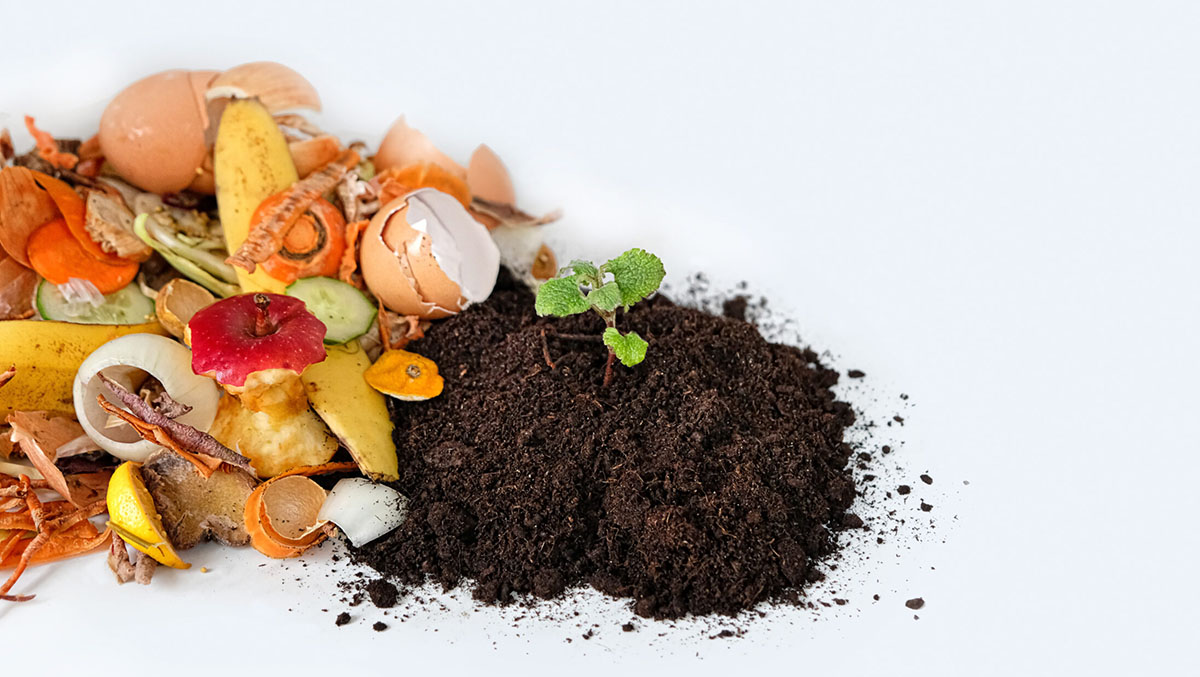
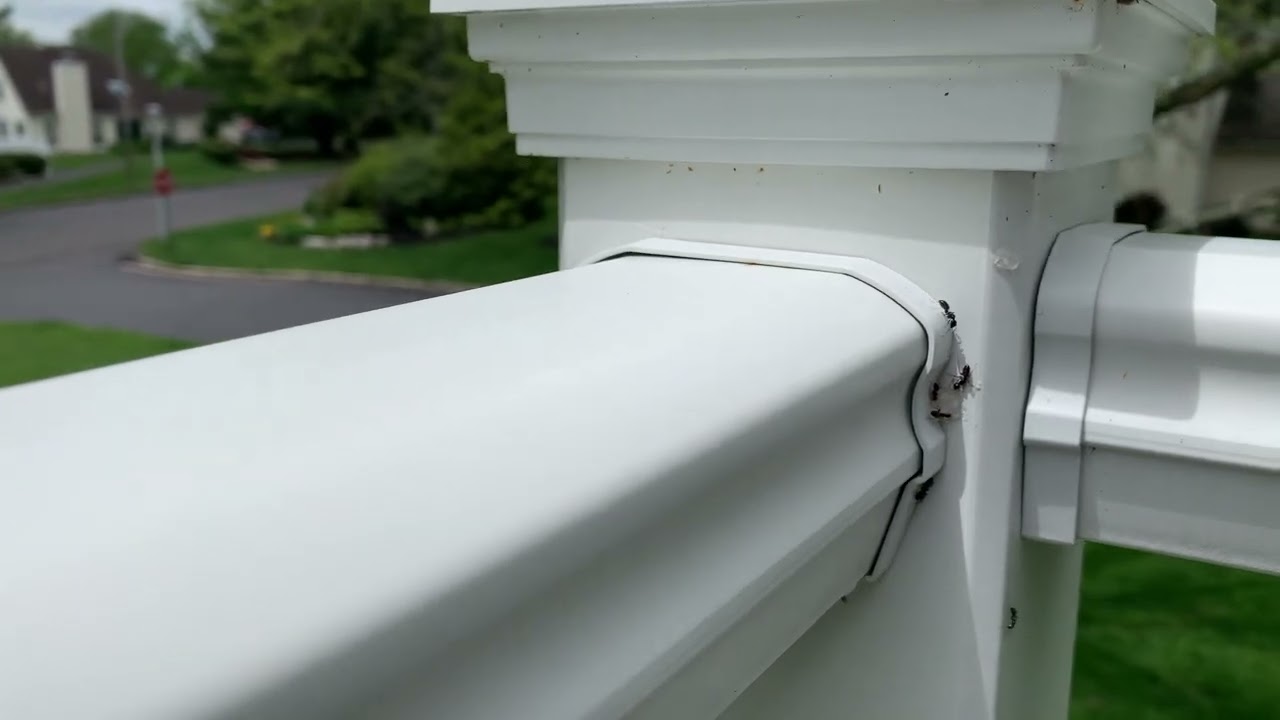

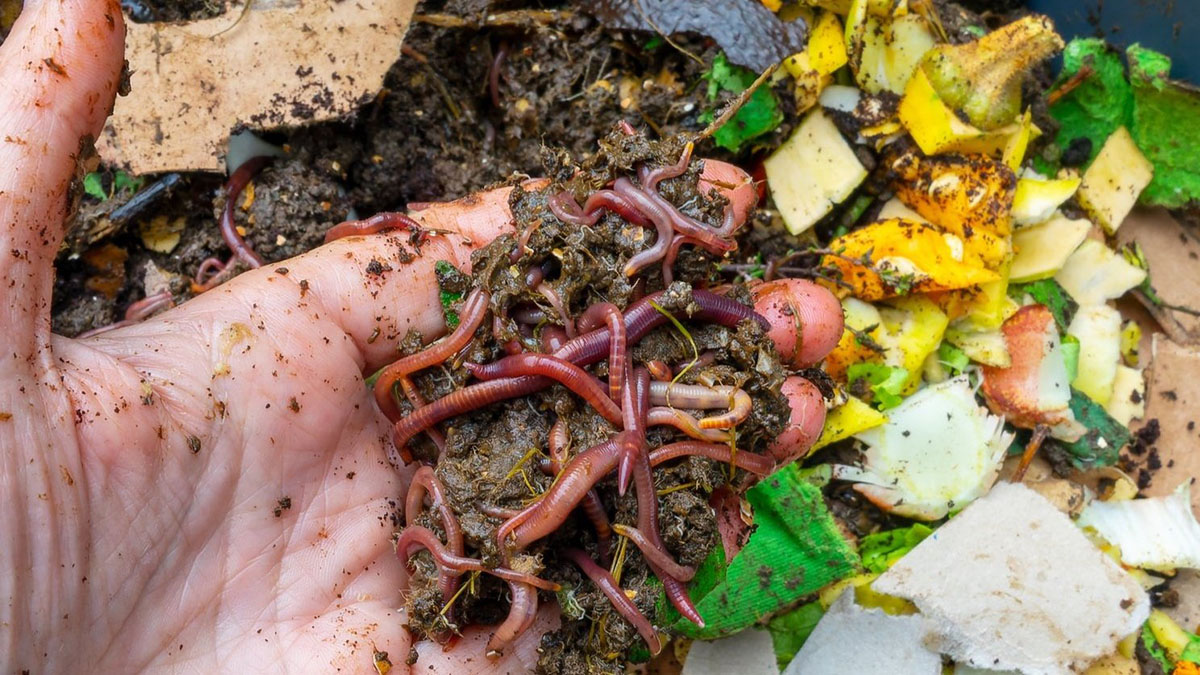
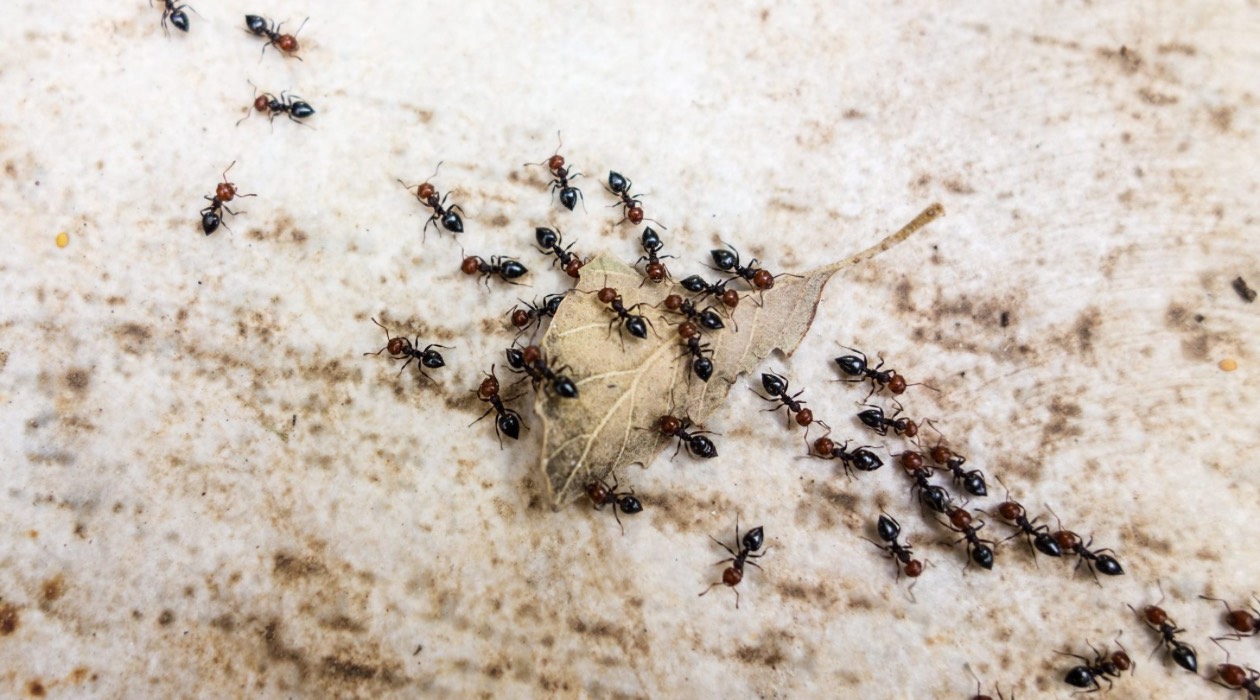
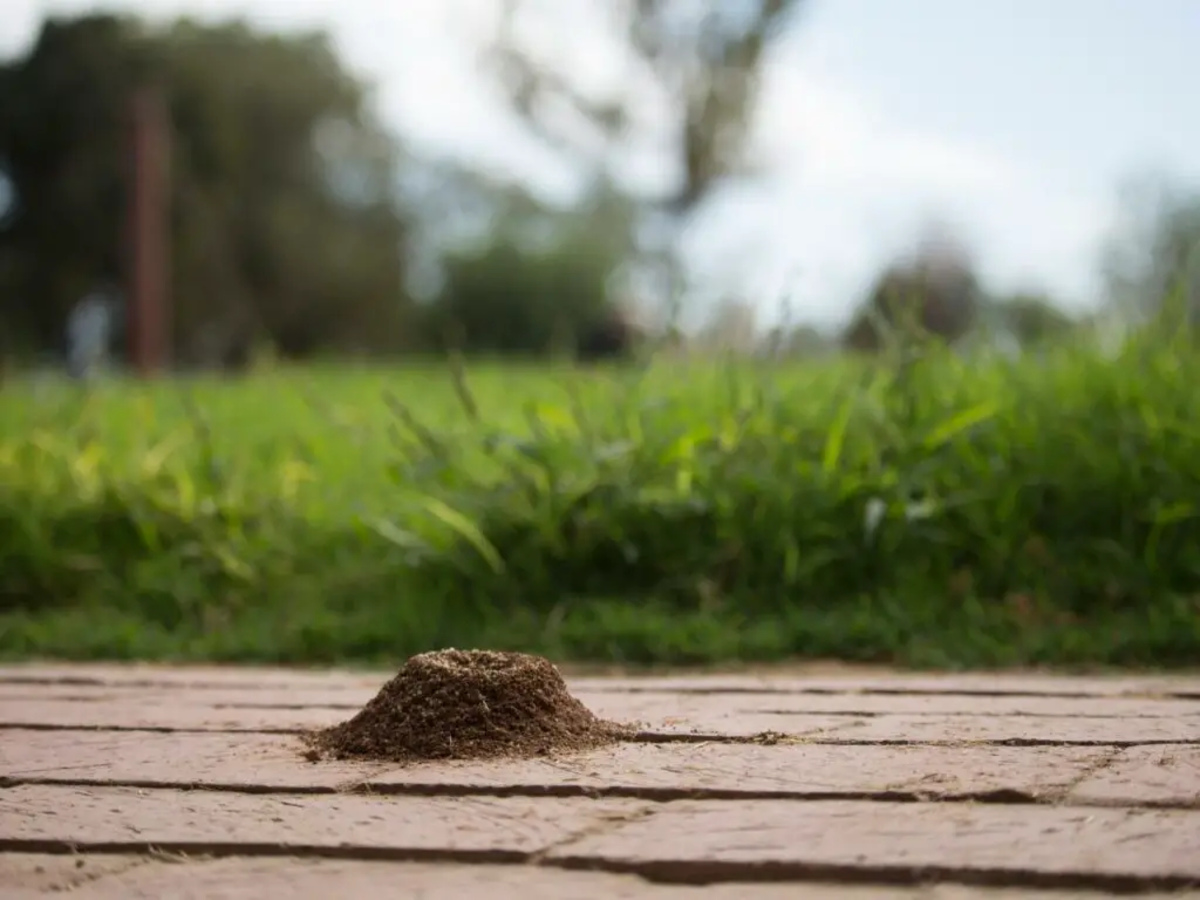
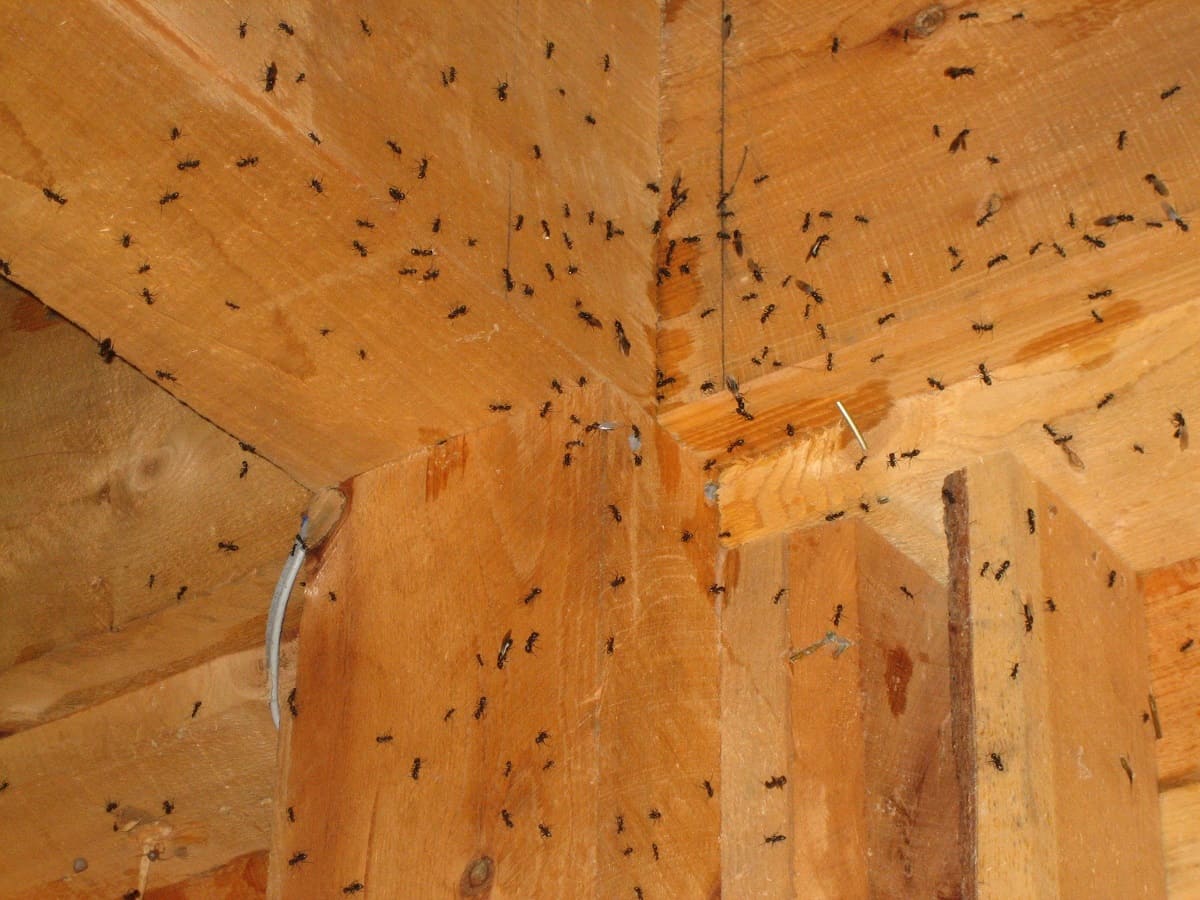
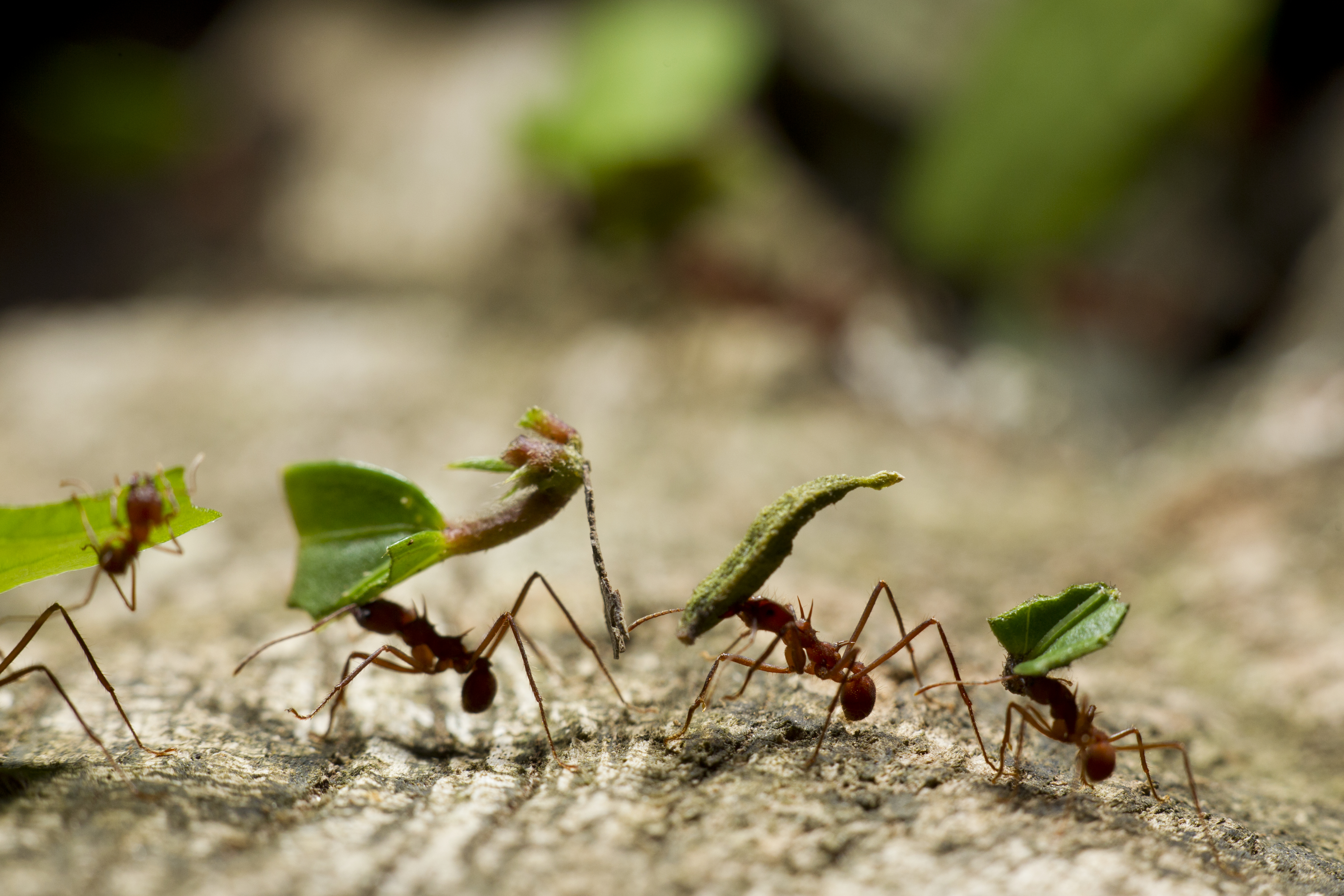
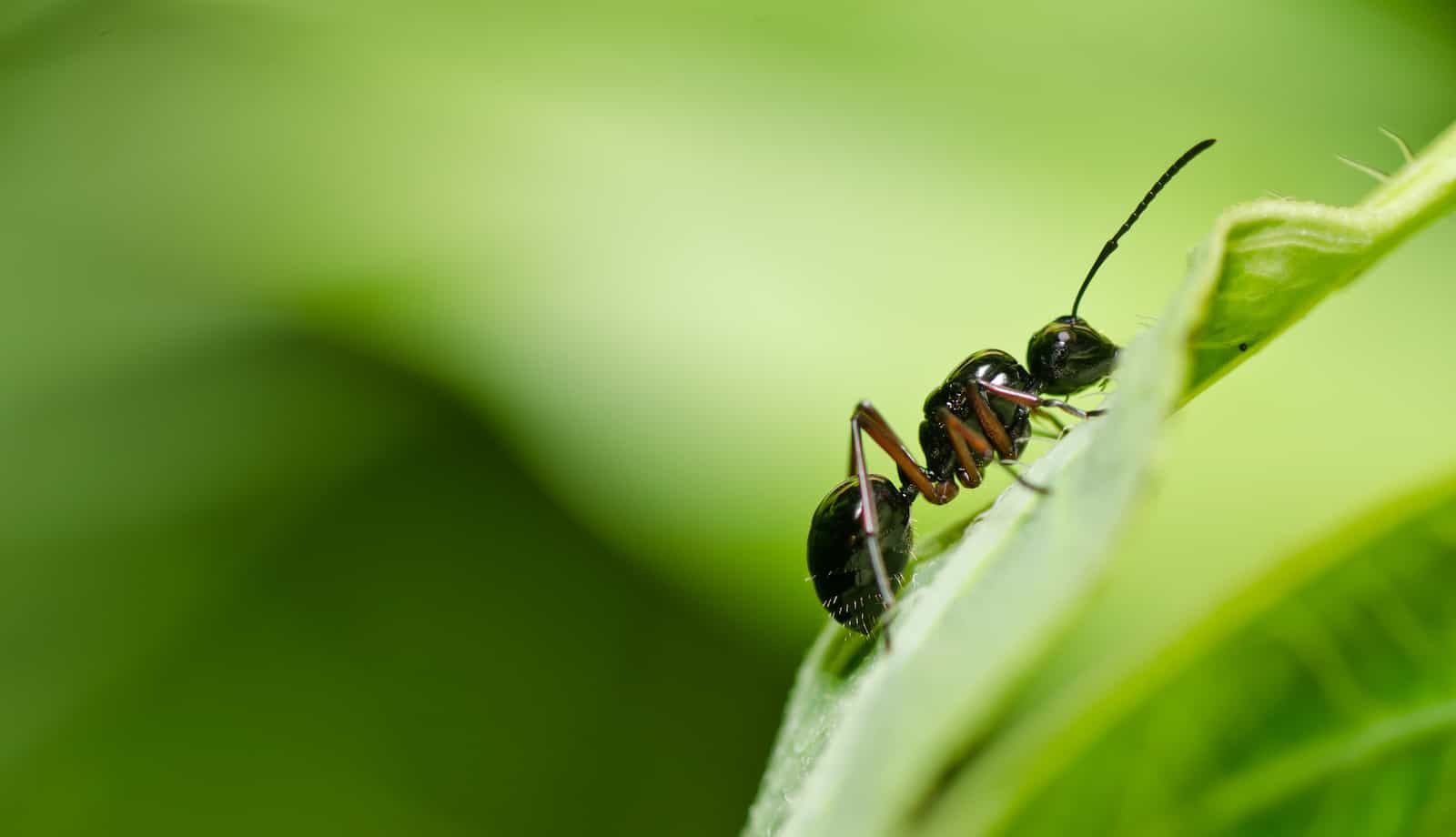
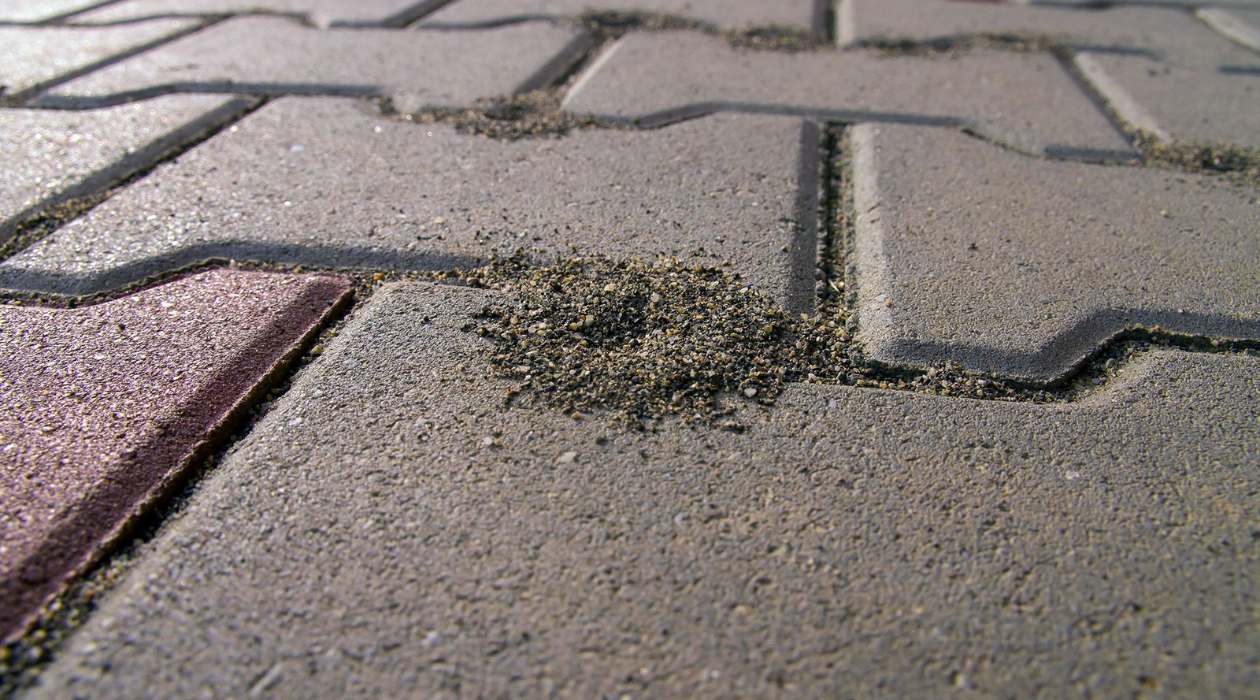
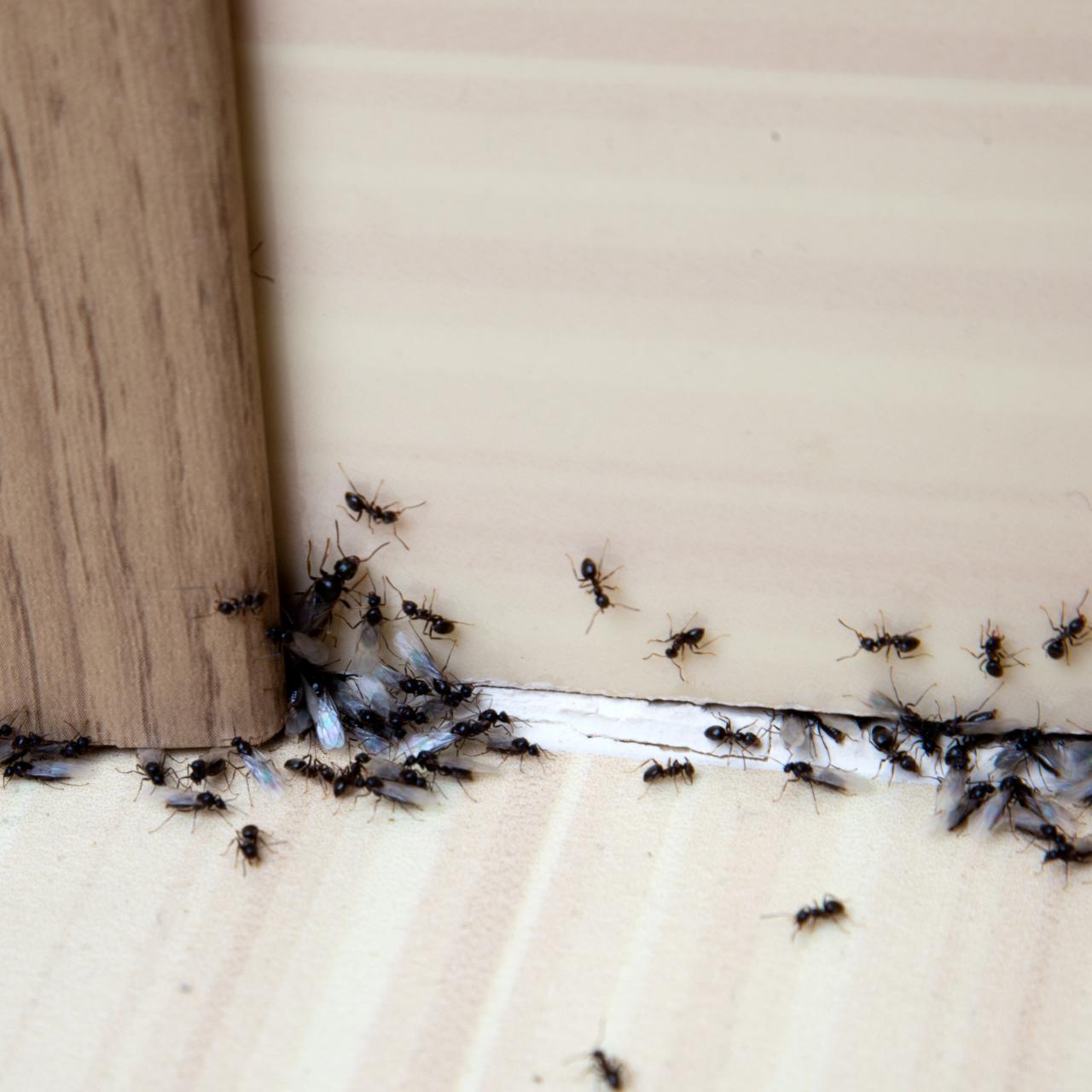

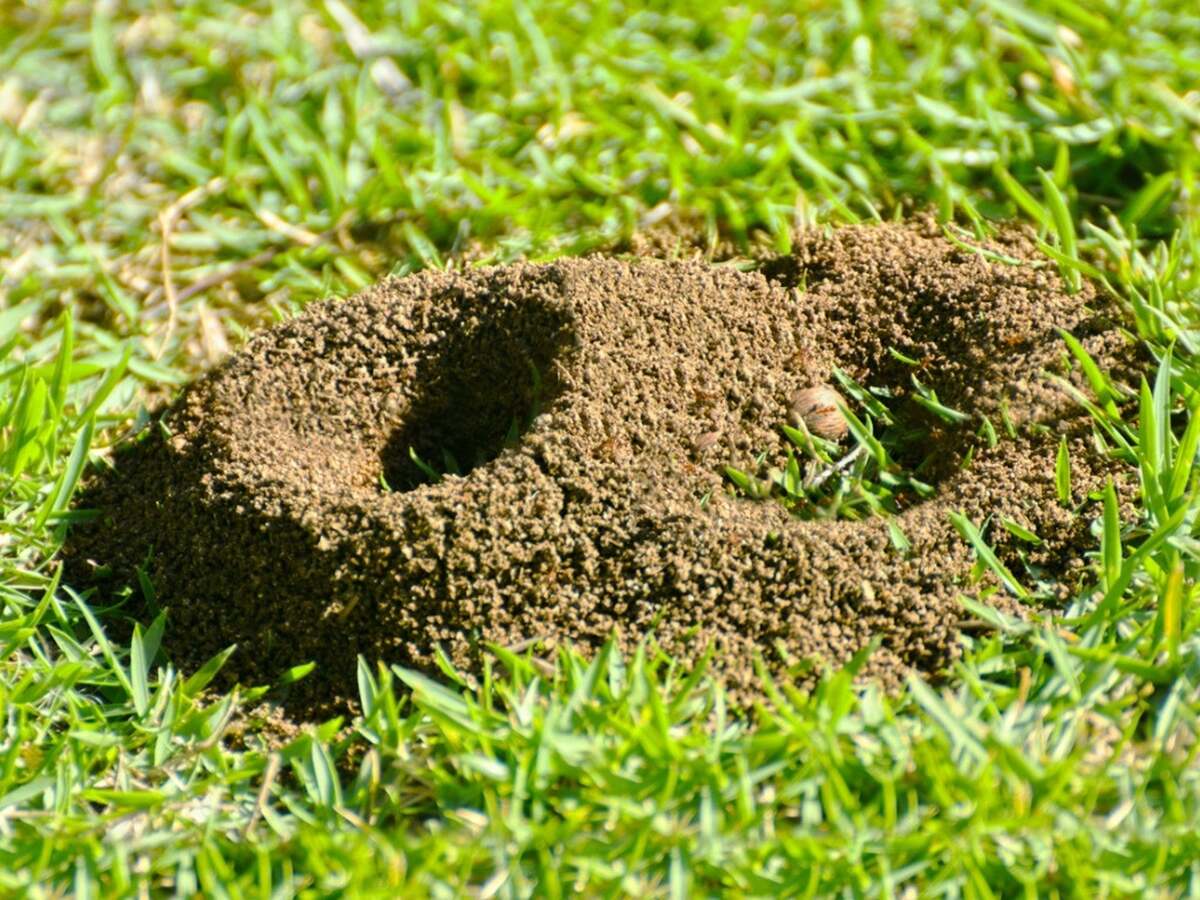


0 thoughts on “How To Get Rid Of Ants In A Compost Bin”